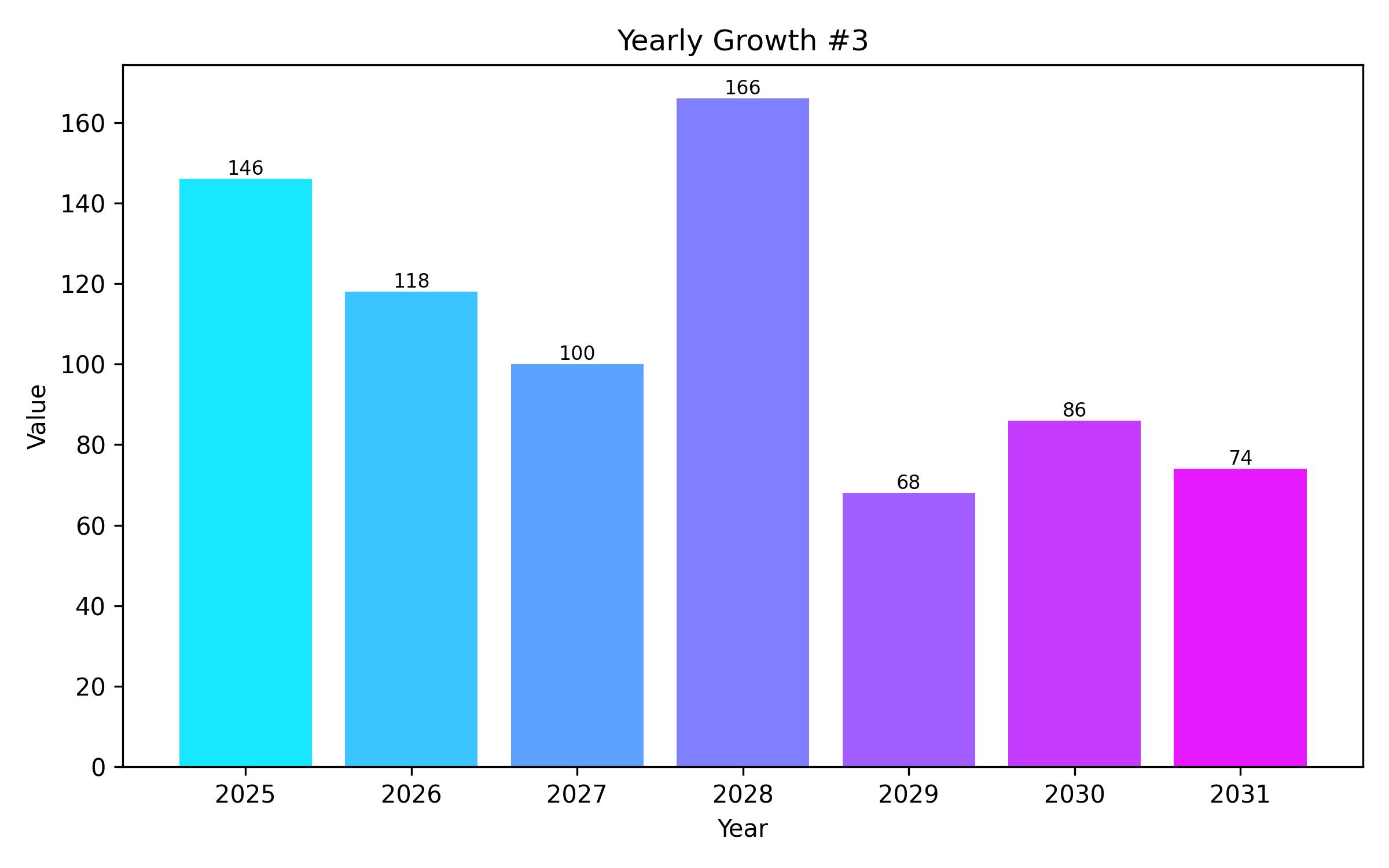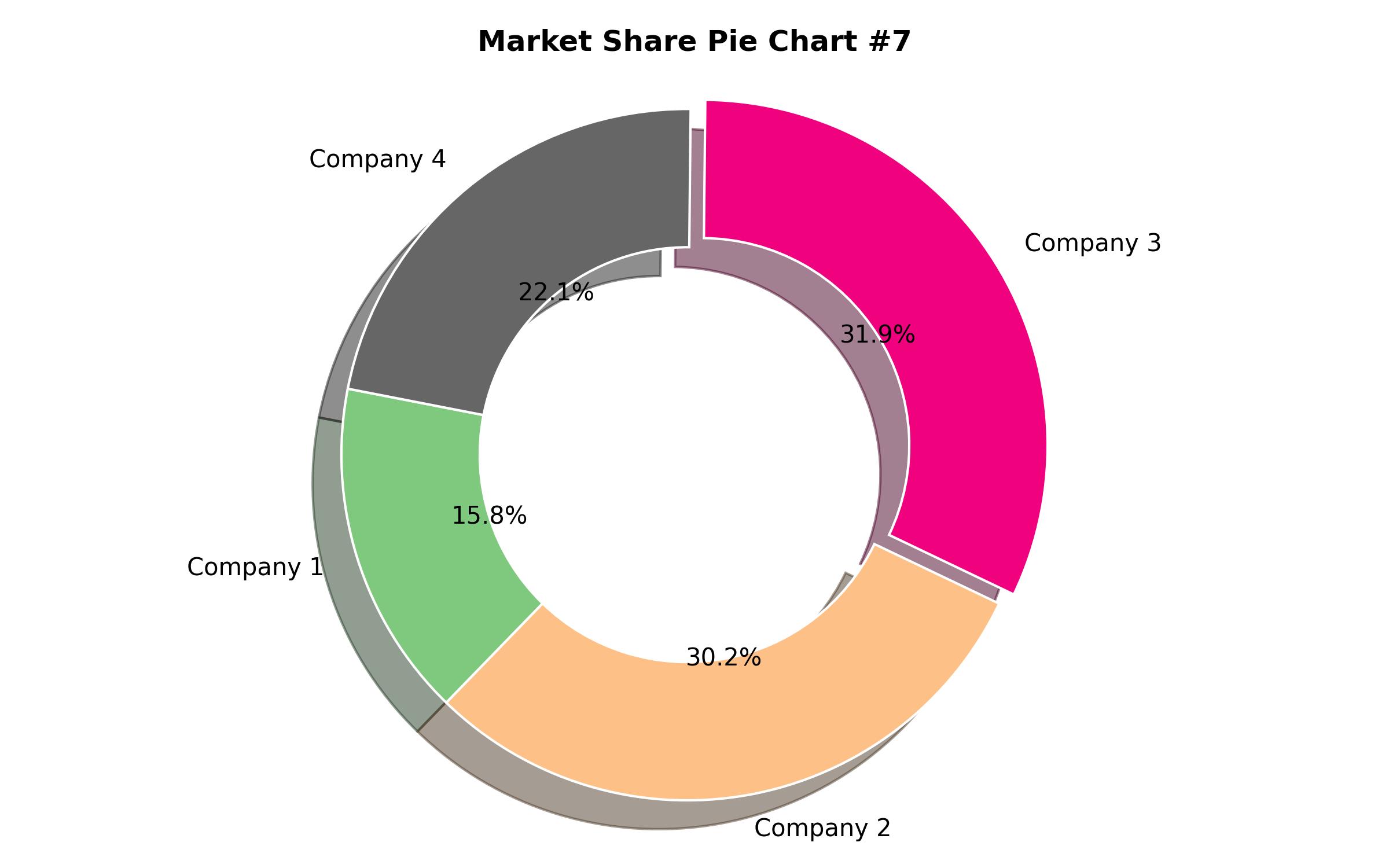Global Rapeseed Meal Market Analysis and Future Projections Through 2035
Overview:
The global market for rapeseed meal is poised for substantial growth over the next decade, driven primarily by its expanding adoption as a vital protein component in livestock and aquaculture feed. Valued at approximately USD 5.07 billion in 2025, the market is projected to reach around USD 9.15 billion by 2035, exhibiting a steady compounded annual growth rate of close to 6.1% during this period.
Increasing global demand for animal protein sources and the concurrent rise of the livestock sector are key drivers fueling this market expansion. Rapeseed meal, a consequence of rapeseed oil production, has established itself as a premium plant-based protein source for swine, poultry, cattle, and fish due to its balanced array of amino acids.
Progress in processing methods is enhancing the digestibility and reducing undesirable elements in rapeseed meal, making it a more attractive and palatable option for inclusion in compound animal feed formulations. This technological evolution is broadening its appeal across diverse applications.
The emphasis on sustainable agricultural practices and the utilization of crop by-products are contributing to the perception of rapeseed meal as an environmentally conscious protein alternative. In regions with significant rapeseed cultivation, such as the European Union, there is a push to boost domestic use of rapeseed meal, thereby lessening dependence on imported alternatives and supporting local agriculture.
Demand is anticipated to climb steadily in Asia, propelled by swift urbanization, rising consumption of meat and seafood, and a burgeoning aquaculture industry. Simultaneously, a growing awareness regarding the environmental footprint of feed materials is encouraging the shift towards more localized and sustainable choices like rapeseed meal.
Consequently, producers are directing investments towards improving the nutritional value and biochemical makeup of rapeseed meal through genetic selection and fortification with essential amino acids. Government initiatives aimed at promoting oilseed cultivation, coupled with support for integrated processing facilities and advancements in tailored animal nutrition, are expected to underpin consistent market growth.
As agriculture endeavors to meet the increasing worldwide need for protein, the established production of rapeseed meal is becoming a cornerstone for fulfilling the protein requirements of livestock and aquaculture, and for aligning animal farming with broader economic and environmental objectives.

| Report Attribute | Details |
|---|---|
| Market Size in 2025 | USD 5.07 billion |
| Revenue Forecast for 2035 | USD 9.15 billion |
| Growth Rate (CAGR) | 6.1% from 2025 to 2035 |
| Base Year for Estimation | 2024 |
| Historical Data | 2019 – 2024 |
| Forecast Period | 2025 – 2035 |
| Quantitative Units | Revenue in USD million/billion and CAGR from 2025 to 2035 |
| Report Coverage | Revenue forecast, company market share, competitive landscape, growth factors, and trends |
| Covered Segments | Type, Application, Nature, and Region |
| Regional Scope | North America, Europe, Asia Pacific, Latin America, MEA |
| Country Scope | U.S., Canada, Mexico, U.K., Germany, France, China, India, Japan, Australia, Brazil, UAE, Saudi Arabia, South Africa |
| Key Companies Analyzed | Archer Daniels Midland Company, Bunge Limited, Cargill Incorporated, Louis Dreyfus Company, Glencore Agriculture Limited, Wilmar International Limited, CHS Inc., Viterra Inc., Nidera Sementes, Ag Processing Inc. |
| Customization Options | Free report customization (up to 8 analysts working days) with purchase. Changes to country, regional, and segment scope |
| Pricing and Purchase Options | Customizable purchase options for tailored research needs |

Report Coverage & Deliverables
- Market Trends And Dynamics
- Competitve Benchmarking
- Historical data and forecasts
- Value/Volume analysis
- Company revenue shares and key strategies
- Regional opportunities
This is an indicative segmentation. Please request a sample report to see detail segmentation of this market.
Detailed Market Segmentation
- By Type
- Full-Fat Rapeseed Products
- High-Protein Rapeseed Varieties
- Specialty Rapeseed Meal Blends
- By Application
- Livestock Feed
- Cattle Feed
- Poultry Feed
- Swine Feed
- Other Animal Feed
- Aquaculture Feed
- Plant-Based Protein Supplements
- Fertilizers
- Livestock Feed
- By Nature
- Standard
- Organic
- Non-GMO
- By Region
- North America (U.S., Canada, Mexico)
- Europe (U.K., Germany, France, Italy, Poland)
- Asia-Pacific (China, India, Japan, Australia, South Korea)
- Latin America (Brazil, Argentina)
- Middle East & Africa (UAE, Saudi Arabia, South Africa)
Table of Content
- Executive Snapshot
- Market Overview
- Key Market Dynamics
- Key Success Aspects
- Market Demand Assessment 2020 to 2024 and Outlook, 2025 to 2035
- Market
Analysis – Pricing - Market Demand (Value in USD billion) Evaluation 2020 to 2024 and Outlook, 2025 to 2035
- Market Background Information
- Market Structure Analysis 2020 to 2024 and Outlook 2025 to 2035, By Type
- Full-Fat Rapeseed Products
- High-Protein Rapeseed Varieties
- Specialty Rapeseed Meal Blends
- Market Structure Analysis 2020 to 2024 and Outlook 2025 to 2035, By Application
- Livestock Feed
- Aquaculture Feed
- Plant-Based Protein Supplements
- Fertilizers
- Market Structure Analysis 2020 to 2024 and Outlook 2025 to 2035, By Nature
- Standard
- Organic
- Non-GMO
- Market Structure Analysis 2020 to 2024 and Outlook 2025 to 2035, By Region
- North America
- Europe
- Asia-Pacific
- Latin America
- Middle East & Africa
- North America Market Analysis 2020 to 2024 and Outlook 2025 to 2035
- Europe Market Analysis 2020 to 2024 and Outlook 2025 to 2035
- Asia-Pacific Market Analysis 2020 to 2024 and Outlook 2025 to 2035
- Latin America Market Analysis 2020 to 2024 and Outlook 2025 to 2035
- Middle East & Africa Market Analysis 2020 to 2024 and Outlook 2025 to 2035
- Regional Market Share Analysis 2025 & 2035
- Market Framework Assessment
- Competition Overview
- Assumptions and Defined Terms Used
- methodology for research
